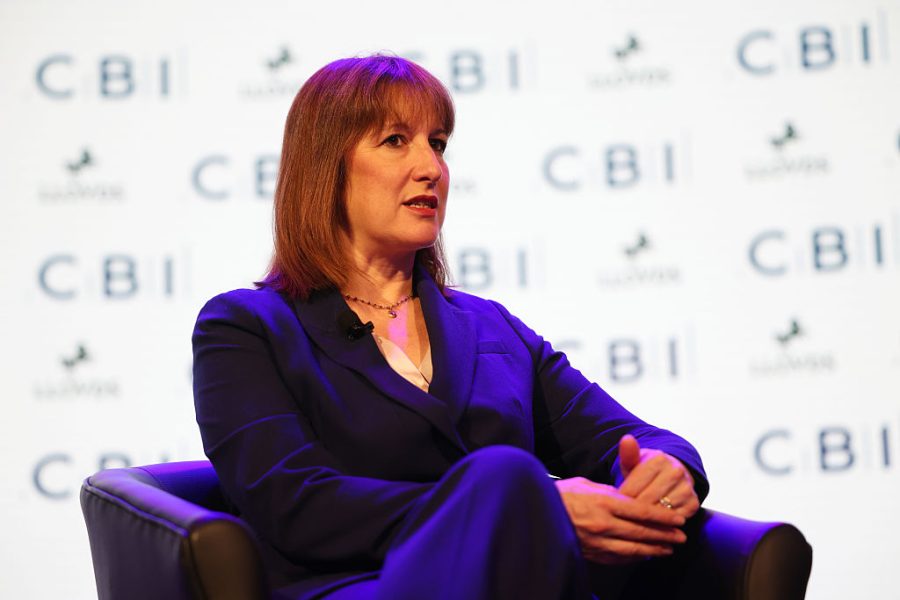Britain will lose 16,500 millionaires this year, taking $90 billion of wealth with them. That’s according to a new report from Henley & Partners. If their projections are right, that’s more than double the number of dollar millionaires expected to leave China in 2025. As I wrote for the magazine last month, changes to the non-dom regime – first initiated in the dying months of the last government and worsened by the current Chancellor – have pushed many of the wealthiest over the edge.
The effects are already becoming visible. Research from estate agent Knight Frank shows that sales of expensive homes slowed between March 2024 and this May, leading to £401 million less in stamp duty for the Treasury. House prices are falling at their fastest pace in four years, with sale prices down 60 per cent in Mayfair, 47 per cent in Chelsea and 44 per cent in Belgravia.
Britain became a net exporter of millionaires after 2016, but according to Henley’s data, the pace of this exodus has accelerated sharply in recent years. Of the ten ‘wealthiest’ nations tracked, the UK has seen a 9 per cent decline in its millionaire population since 2014. By contrast, the number moving to the United States has increased by nearly 80 per cent over the same period.
Politicians are shielding Britain’s voters from a choice that can’t be avoided forever
Henley’s data shows that the UAE is the top destination for millionaire migrants globally. The US ranks second, while countries with ‘investment migration programmes’ such as Italy, Portugal and Greece are seeing an influx too.
Henley & Partners, along with New World Wealth (the research operation behind much of the data), often face criticism. Earlier this month, the campaign group Patriotic Millionaires UK claimed the exodus depicted by New World Wealth ‘did not occur’. And no doubt this year’s report will attract similar scepticism. But Henley and New World Wealth are transparent about their methods.
Contrary to the claim that New World Wealth’s database is the sole source, Henley also draws on migration programme statistics, the locations of family offices, property records and company registers. New World Wealth draws on LinkedIn posts to check the location of various high net worth individuals – but that seems to me no less reliable that the ONS surveys that no one responds to. Plus, the data was good enough for the Ministry of Defence when they used it as part of their analysis of the war in Ukraine.
Their findings are supported by other data too. UBS, for instance, also shows UK wealth in decline. Anecdotal evidence from those leaving points to a troubling trend: Goldman Sachs’s vice-chairman has moved to Milan, the Livingstone brothers to Monaco, the heir to the world’s largest brewing company has returned to Belgium, and Aston Villa’s owner has shut his London office and moved 40 staff to Abu Dhabi.
The Treasury has at last woken up to its possible mistake. Reports last week suggest it may be considering a U-turn. Yesterday, Reform announced its ‘Britannia card’ – a proposal to let wealthy foreigners live here for £250,000 and otherwise be tax-exempt. Kemi Badenoch’s office, I’m told, is also working on its own policy to win back the uber-rich. But there’s no guarantee any of this will work. Adam Bonell, tax partner at HW Fisher, told me last month:
It’s more likely to spook people. Actually, I think that what they really want in tax is certainty. So I think if a future government watered down some of these changes, yes, it might promote some people to come [back], but others will remember the changes. And if you're coming here with a family, historically people come here for 15, 20 years and they don't like the idea of fundamental changes. And if it sort of flips one way and then flips back, I think it's going to make them very cautious about putting roots down in the UK.
The inescapable reality is that politicians are shielding Britain’s voters from a choice that can’t be avoided forever. Do we want a large state – and the higher taxes on everyone that would entail? The idea that the rich can keep footing the bill no longer holds; we’re looking at a basic rate income tax rise of at least two percentage points. Or do we want a smaller state, expect less of our public services, and keep more money in our pockets – along with greater responsibility for ourselves and our families? That choice can’t be put off forever.








Comments